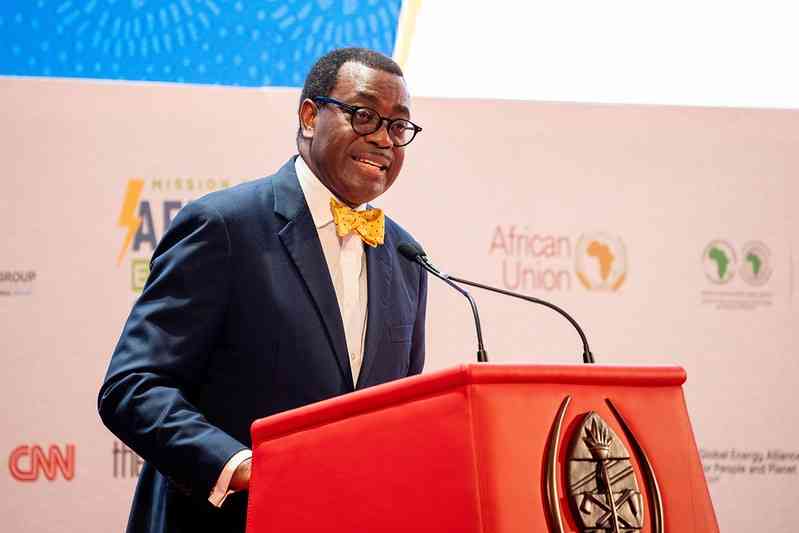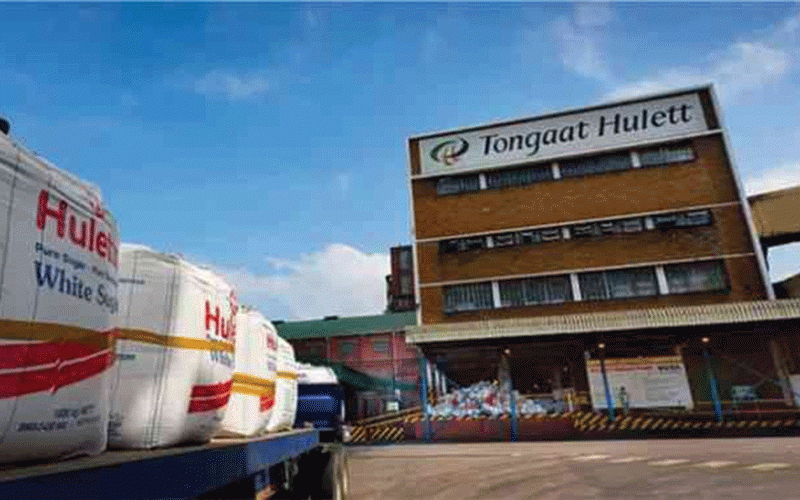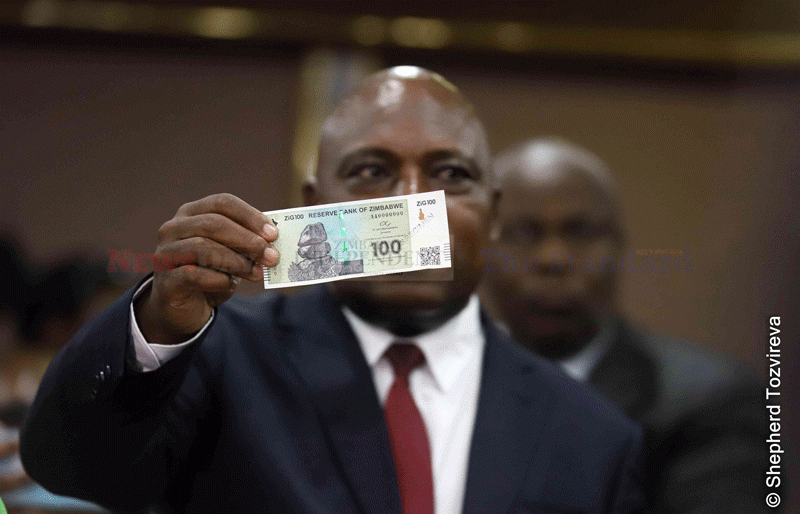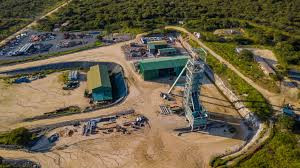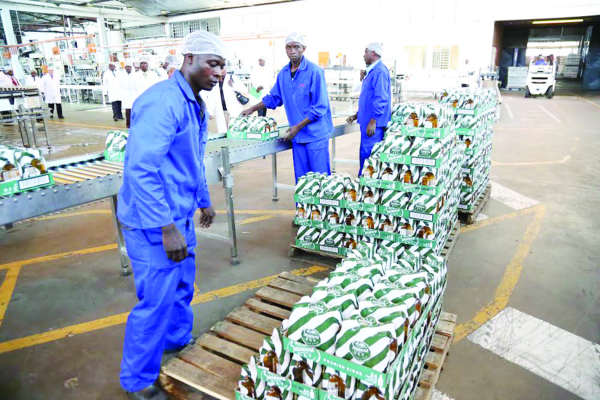
Unlocking Zimbabwe’s economic growth will require greater investment in human capital – such as in health, education and skills.
By KUDZAI GOREMUSANDU
To support local businesses and foster sustainable innovation, the Zimbabwean government needs to expand access to electricity and financing and to improve economic policies.
With a dynamic private sector, entrepreneurial spirit and vast resources, Zimbabwe has the potential to grow faster and more inclusively. Local and international investment in private equity (PE) funds in Africa has increased in the last few years, despite a slowdown in 2016.
Between 2010 and the first half of 2016, PE funds invested a total of $22,7 billion in Africa across 928 reported deals. In 2013-15 alone, PE funds accounted for $14,8 billion in deals (BCG Perspectives, 2016). In terms of value, Southern Africa’s share of African deals dropped to 15% on average from 2010 to 2015, according to AVCA, while Central, East and West Africa captured 33% of total investment (BCG perspectives, 2016).
If our country improves economic policies many equity companies are prepared to partner with an economy with great potential such as Zimbabwe. The following companies are among the biggest equity funds in Africa:
Helios Investment Partners is a $3 billion Africa-focused PE firm that manages a family of funds and their related co-investment entities. Helios’ portfolio companies operate in 35 African countries across a range of industry sectors, with telecom infrastructure and services playing an important part.
Blackstone Group, based in the United States, is one of the largest PE funds in the world. The group has invested nearly $2 billion in African infrastructure projects, through its subsidiary Black Rhino, in Ethiopia, Mozambique, Nigeria and Togo.
- Chamisa under fire over US$120K donation
- Mavhunga puts DeMbare into Chibuku quarterfinals
- Pension funds bet on Cabora Bassa oilfields
- Councils defy govt fire tender directive
Keep Reading
The Abraaj Group, based in Dubai, has been present in Africa for two decades. During that time it has deployed $3 billion across a range of sectors including healthcare, financial services, logistics, consumer goods, and food and beverages. In 2015, Abraaj raised $1,3 billion for its Africa-focused funds (AVCA, 2017). The group announced in October 2016 that it had acquired a minority stake in Indorama Fertilisers BV, the largest urea fertiliser manufacturer in sub- Saharan Africa.
Carlyle Investment Management has raised $698 million for investments in sub-Saharan Africa. It also bought stakes in Diamond Bank of Nigeria. However, Diamond’s Bank stock has slumped 90% in dollar terms since Carlyle invested $147 million in 2014, due to a plunging currency and acute foreign exchange shortages, all related to the drop in oil prices.
Warburg Pincus is a United States-based PE company. In 2013, it invested $600 million in Delonex Energy, an oil and gas exploration company in Central and East Africa.
Catalyst Principal Partners is a $125 million East Africa-focused PE firm. In 2011, the firm raised 69 million meant for various investments in East Africa. It used part of the funds to invest 14,6 million in Chemi and Cortex Industries Limited, a Tanzanian consumer goods producer. In terms of sectors, PE funds are diversifying their portfolios. Historically, these funds invested mainly in energy, banking and commodities. However, between 2007 and 2014, 57% of PE investments were in companies selling goods and services to Africa’s growing consumer class (AVCA, 2017). PE funds are also promoting the development of small and medium-sized enterprises (SMEs).
French African Fund (FFA) is the first cross-border investment fund dedicated to the development of SMEs in both Africa and France. The fund will be managed by AfricInvest, a leading pan-African mid-cap-focused PE firm with almost €1 billion in funds under management and offices in six African countries as well as France. The fund’s strategy is to invest in mid-cap companies with significant growth potential. In addition to providing financial support, AfricInvest will assist French firms with their strategic development in Africa.
Technology is creating new models and disrupting value chains, leading to new forms and methods of foreign investment. In particular, technology-based FDI is creating positive spill-overs for local entrepreneurship. Africa’s entrepreneurs are applying new technologies to traditional services and, in turn, growing their businesses. Innovations range from financial services and mobile payments to solar photovoltaic energy projects.
Zimbabwean private companies must play a leading role in effectively positioning their brands. Oxygen Africa Limited, based in Zimbabwe, is an investment advisory company that assists foreign investors in Zimbabwe.
In 2013, Oxygen Africa partnered with Swiss-based Meeco Group, a renewable energy company, in a joint venture to establish Oursun Energy Zimbabwe. This independent power producer specialises in the development, building, owning and operating of utility-scale solar photovoltaic energy projects in Zimbabwe.
Oxygen Africa has raised $7 million and is developing two 5MW grid-connected solar plants in Zimbabwe.
Zimbabwe’s economic growth lies on how well the government will develop sound economic policies.
Kudzai Goremusandu is a business consultant based in Harare. He can be contacted on kgoremusandu@gmail.com



